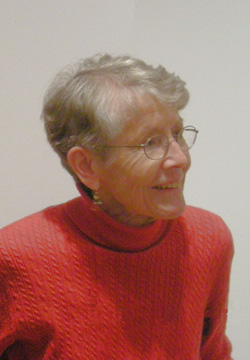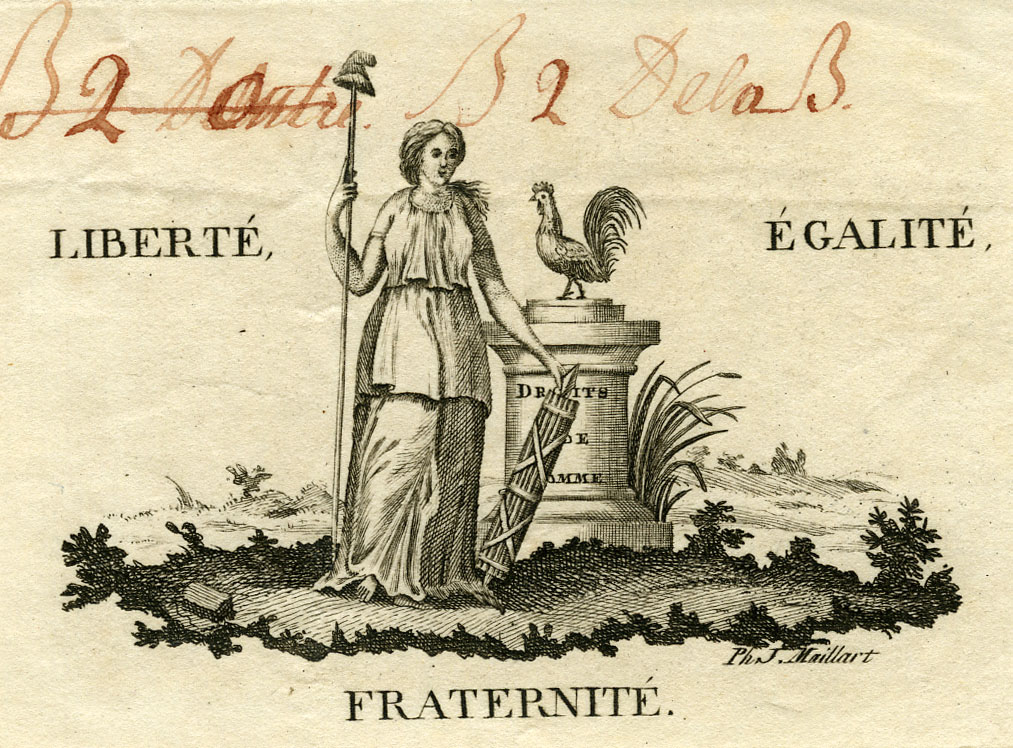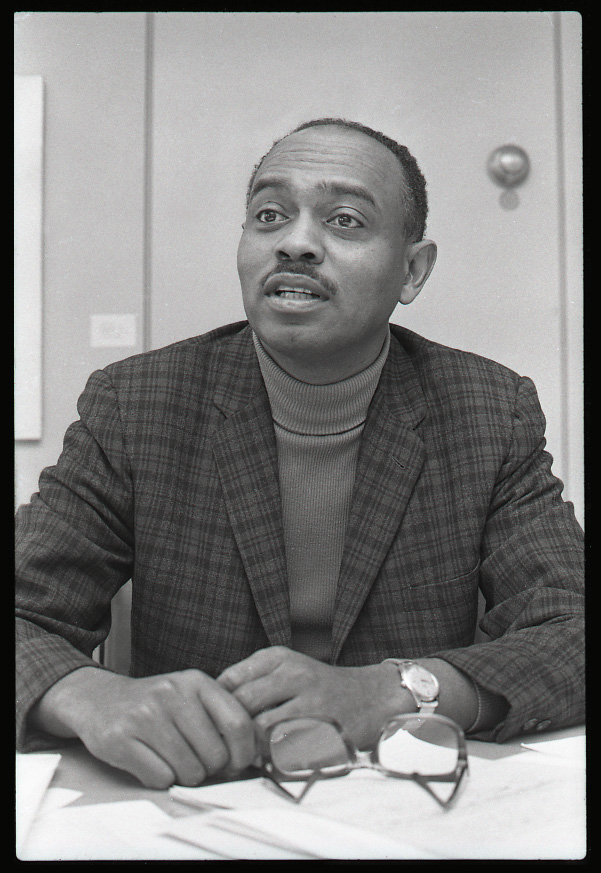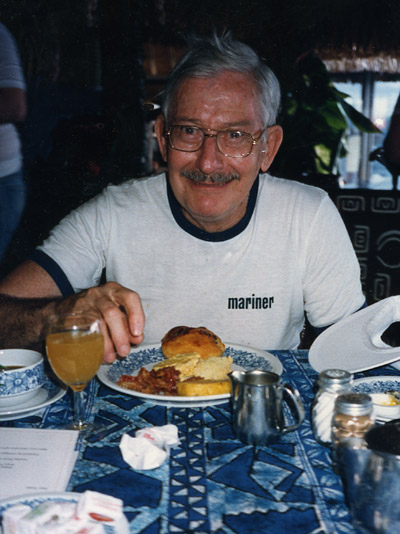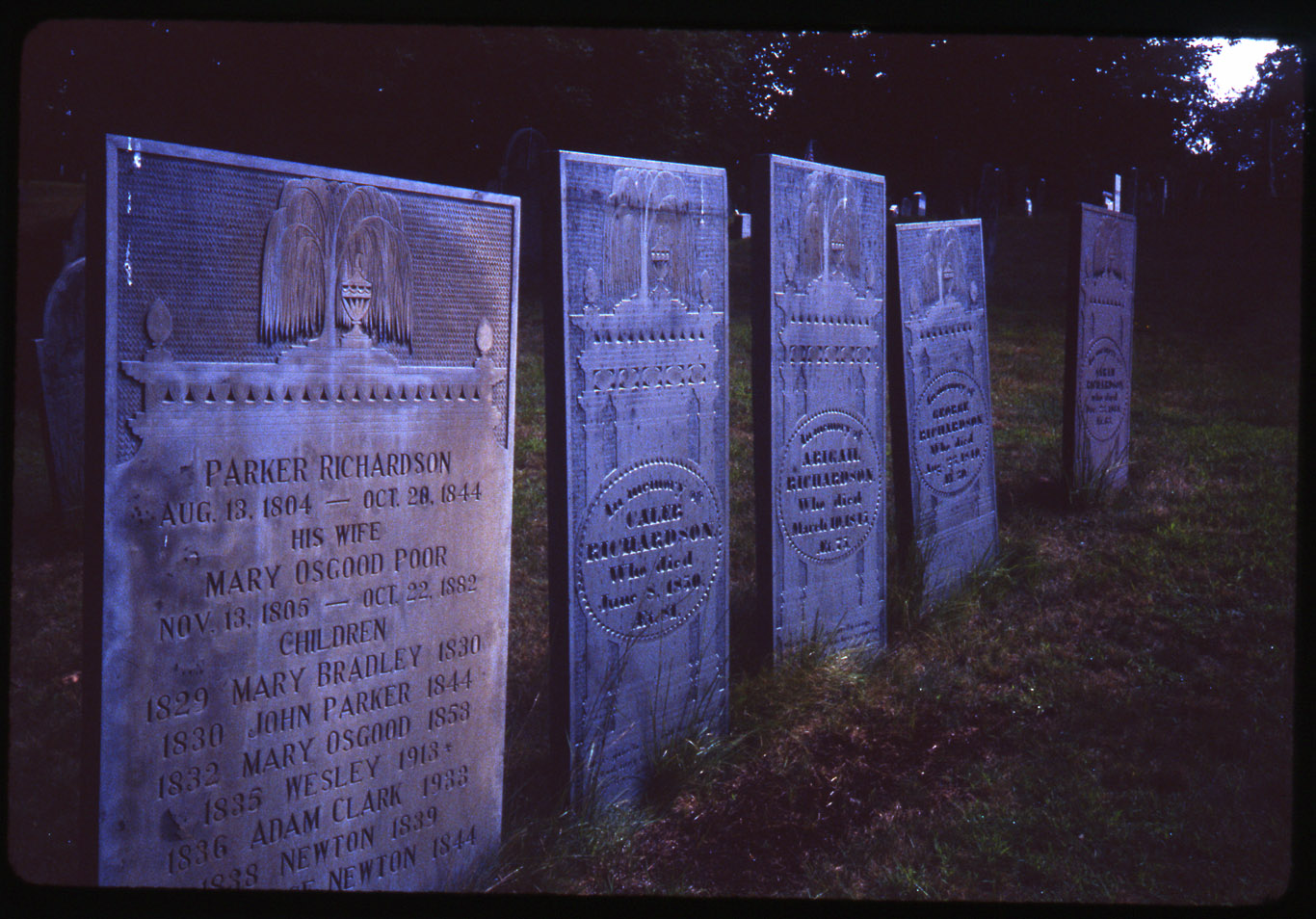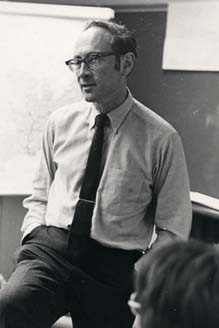Arlyn Diamond Papers
As a member of the faculty in the English Department at UMass Amherst in 1972, Arlyn Diamond became one of the founding members of the Program in Women’s Studies. A scholar of medieval European literature, Diamond received her doctorate from Berkeley in 1970 and became an early proponent of feminist criticism. Among other works, she was author of Authority of Experience: Essays in Feminist Criticism (1988) and editor (with Lee Edwards) of American Voices, American Women (1973). Diamond retired from the University in 2004.
This small collection consists primarily of notes for research and teaching. Of particular interest is a series of women’s studies bibliographies, readings for the Five College Women’s Studies Faculty Seminar (Autumn 1977), graduate level feminist theory courses, and notes related to the history of women’s studies. Also included among the papers are financial records from the 1977 Five College Women’s Studies Faculty Seminar.

